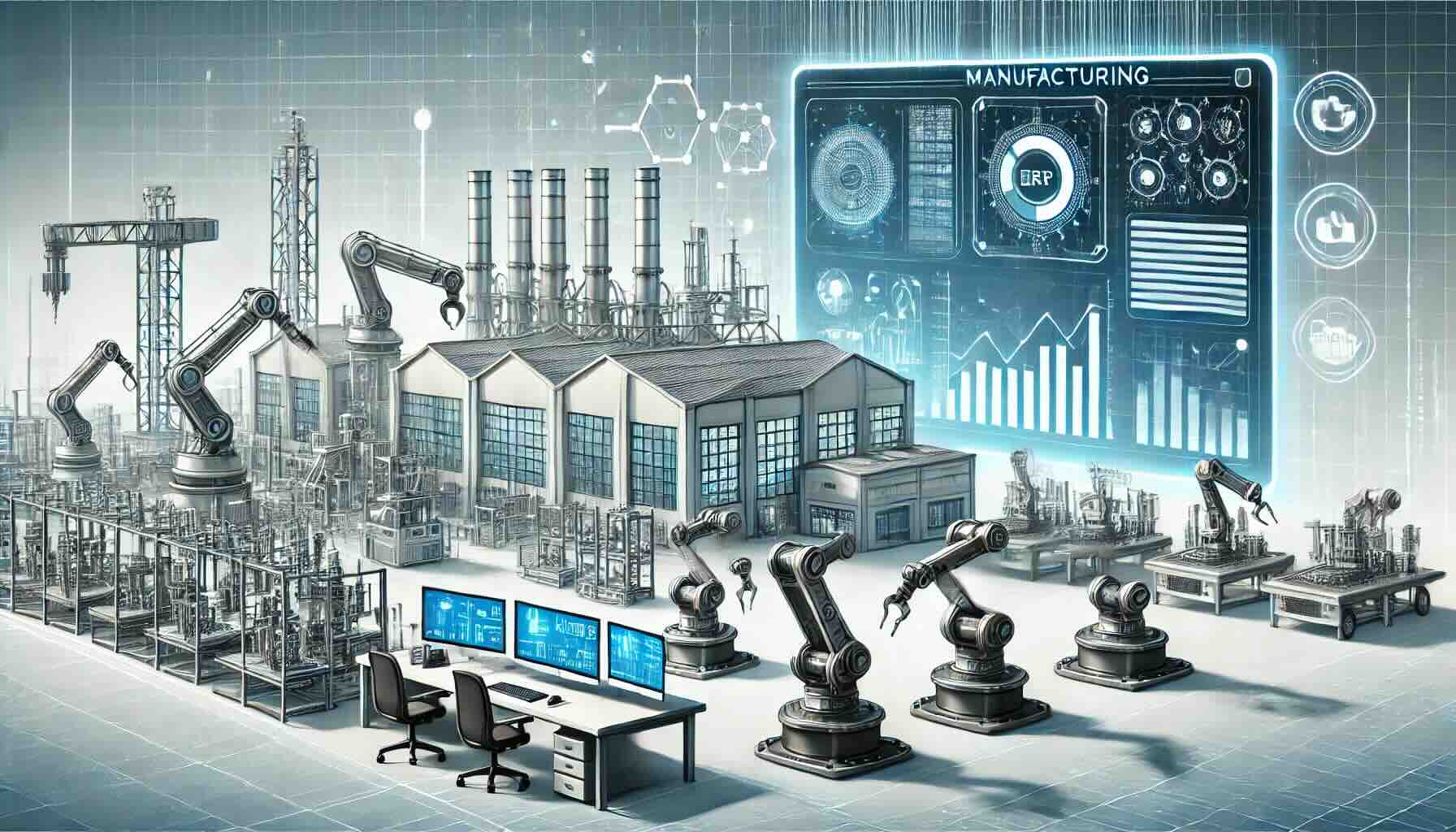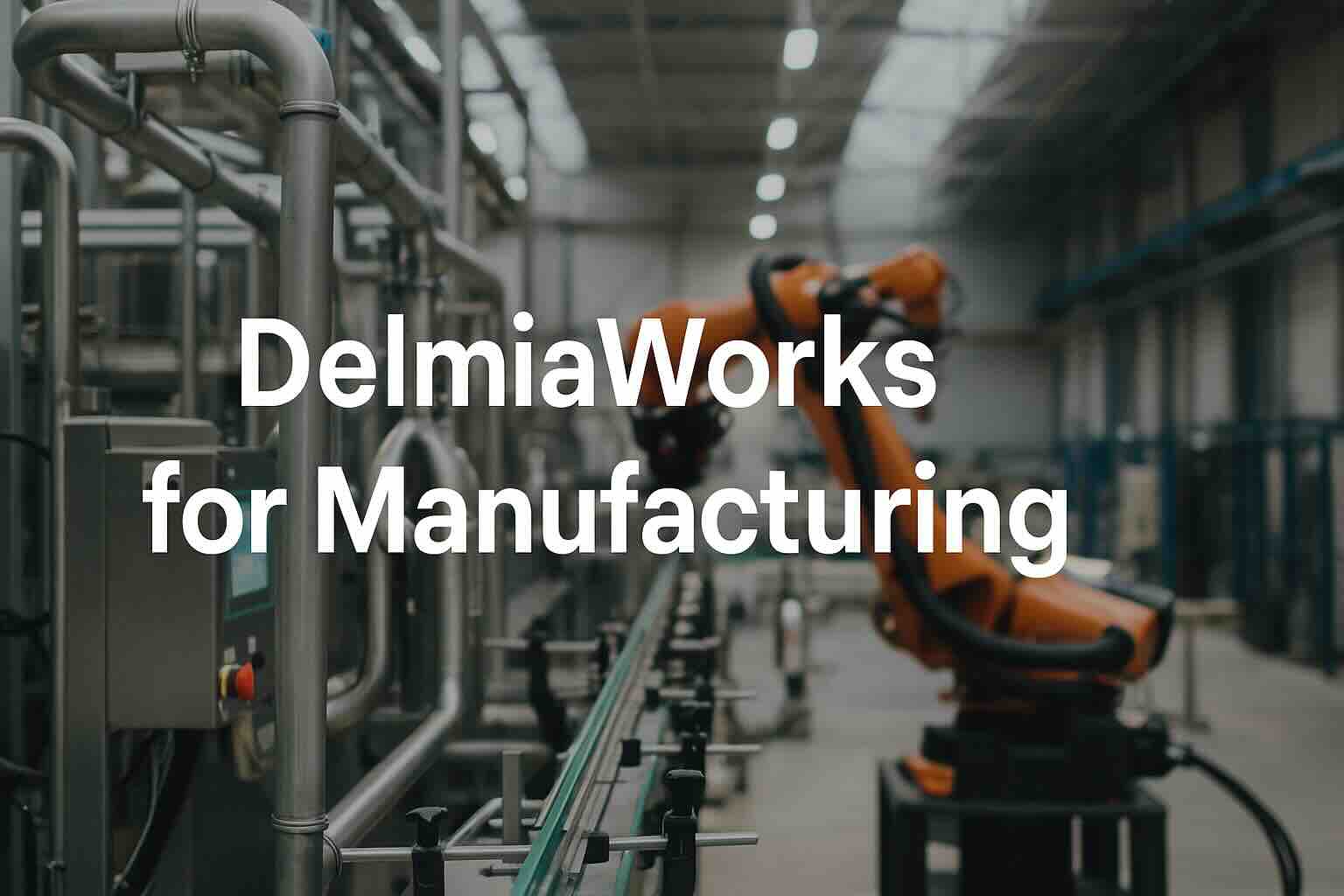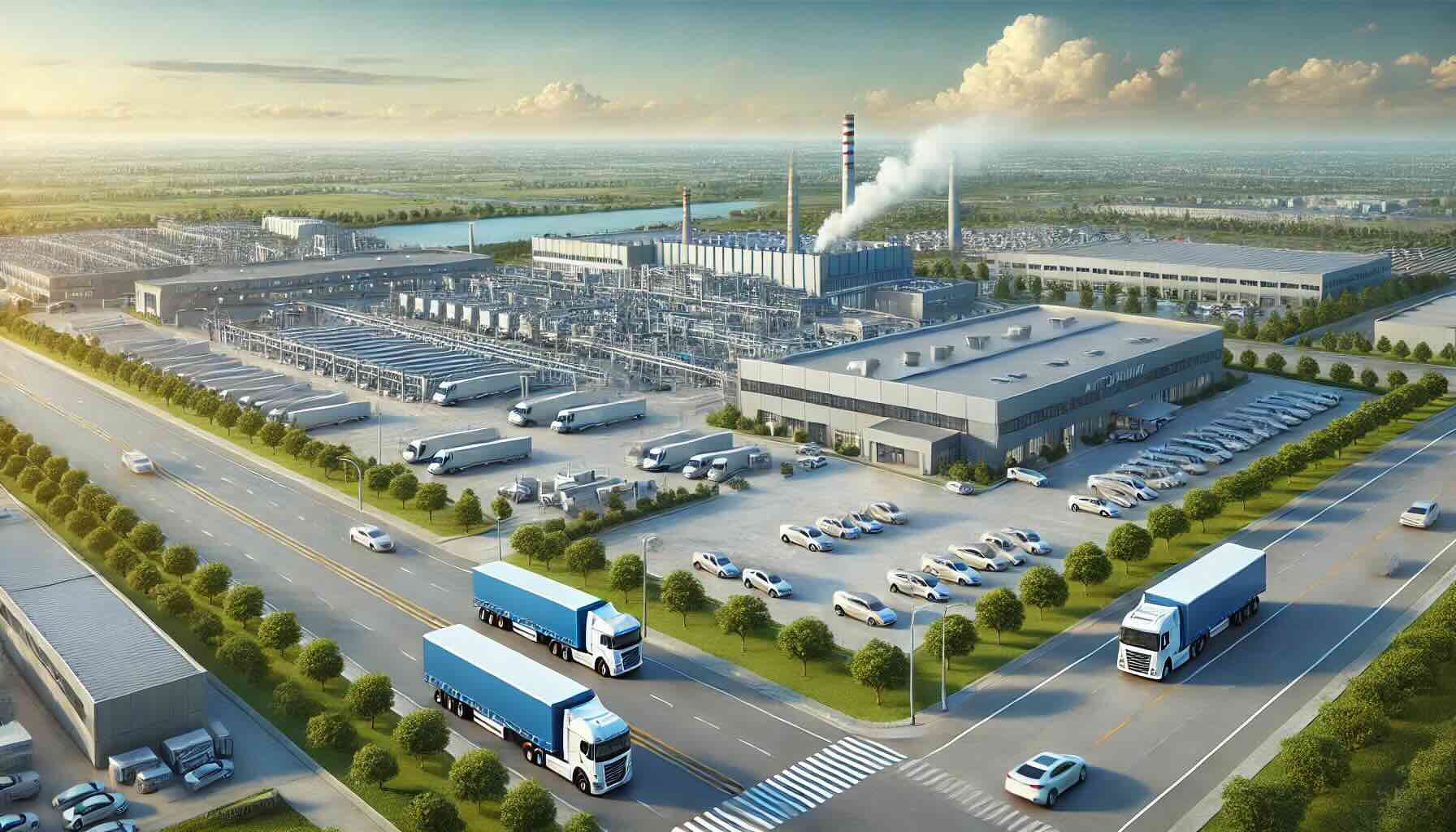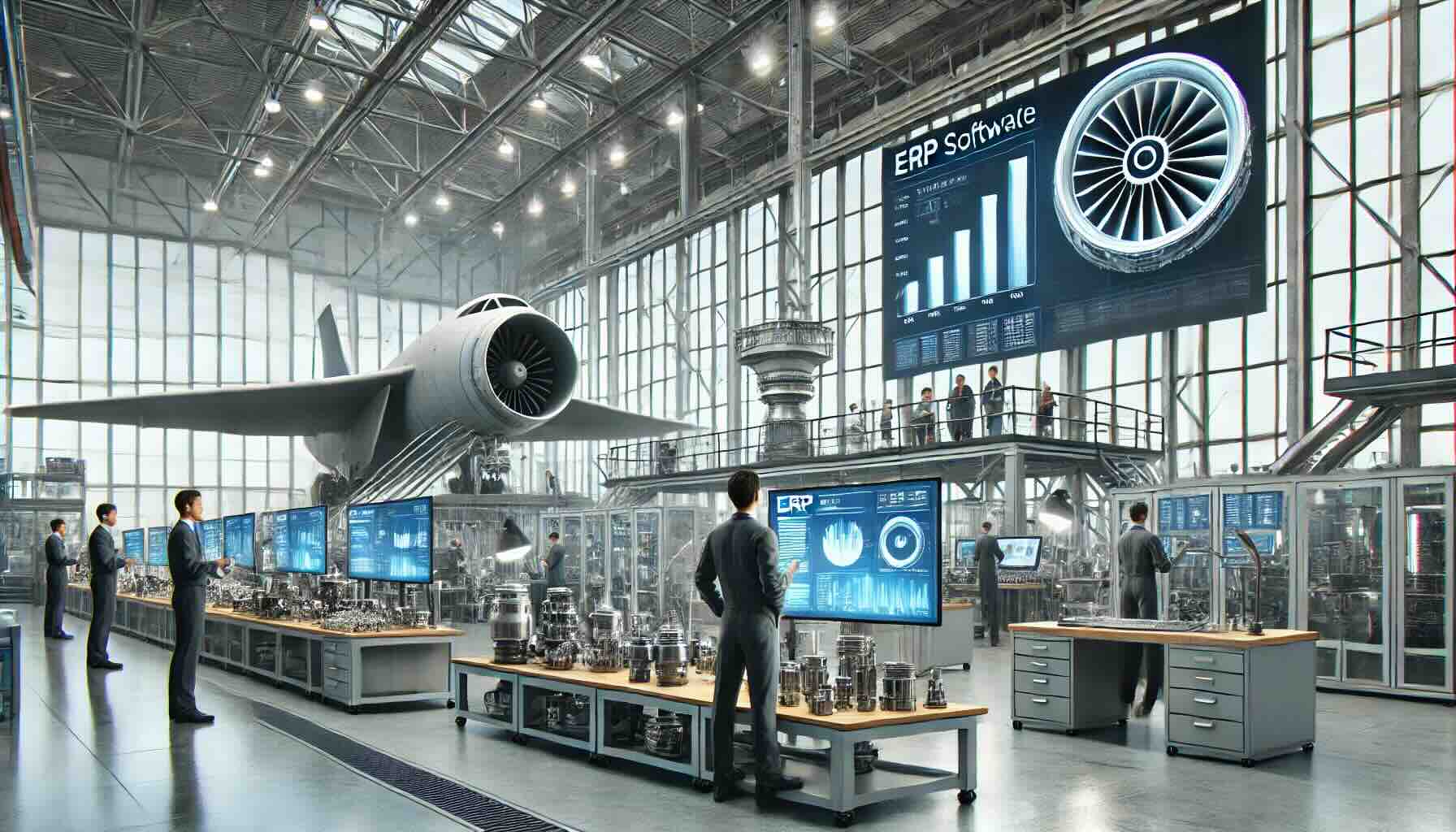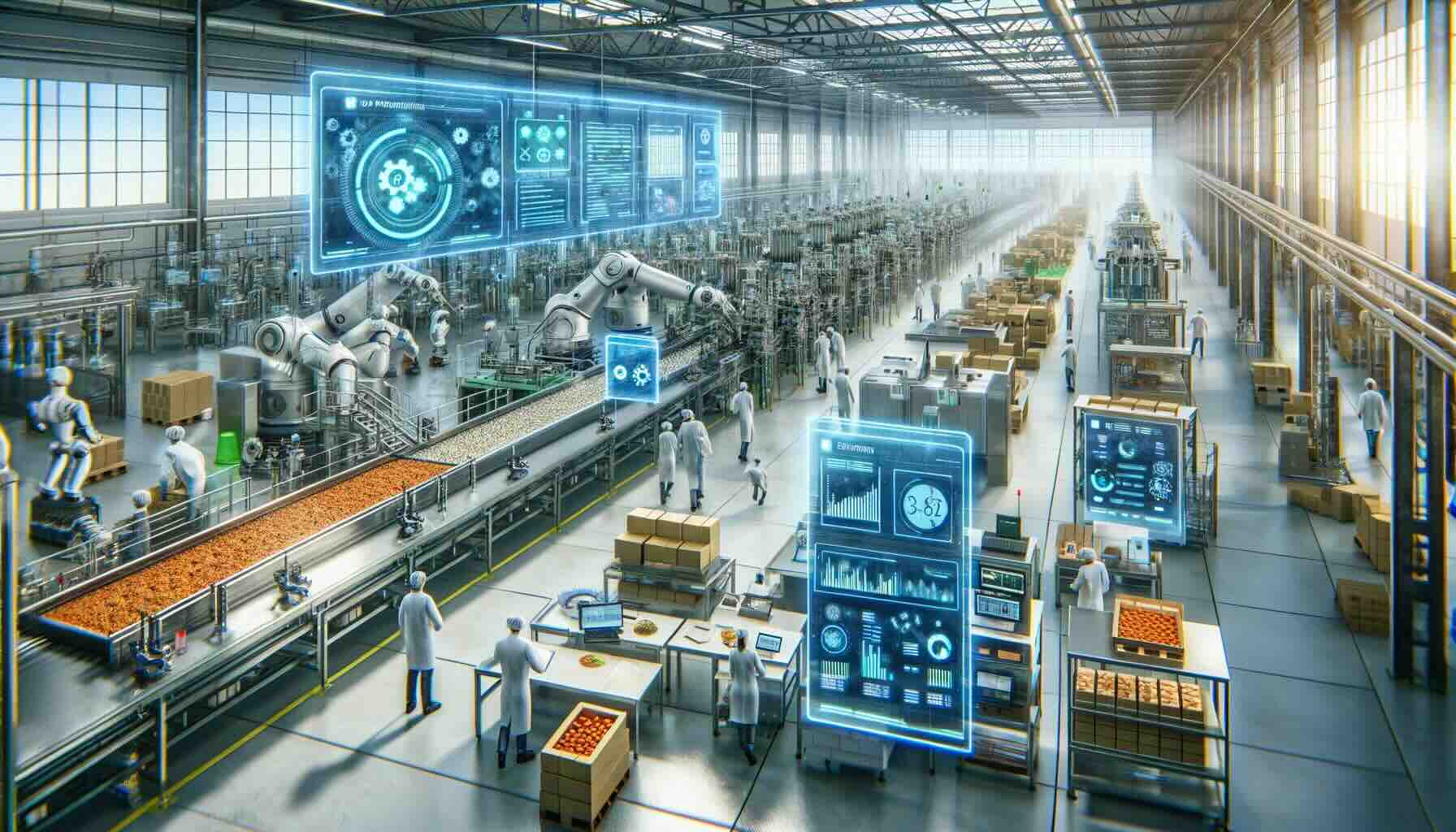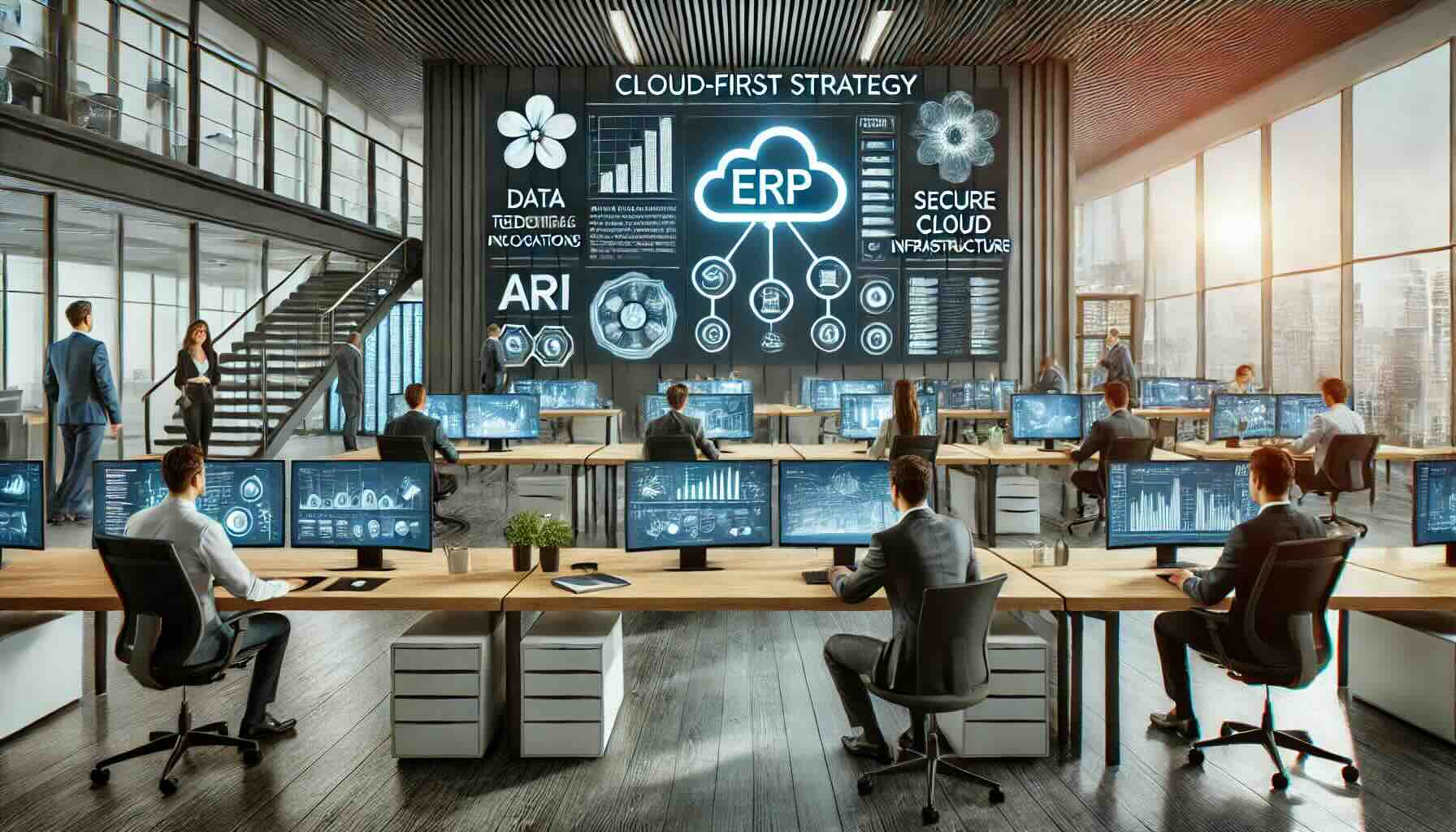Compare the Best ERP for Manufacturing and Distribution Businesses

Selecting the right Enterprise Resource Planning (ERP) system is crucial for manufacturing and distribution businesses. The best ERP for manufacturing and distribution can streamline operations, enhance efficiency, and drive profitability. With the myriad of options available, finding the right fit can be daunting. ERP systems integrate various business processes, including supply chain management, production planning, inventory control, and customer relationship management, into a unified system. This integration helps businesses improve data accuracy, optimize workflows, and make informed decisions. In this blog, we compare some of the top ERP solutions tailored for manufacturing and distribution industries to help you choose the best one for your business needs.
SAP S/4HANA
SAP S/4HANA is a leading ERP solution known for its robust capabilities and advanced analytics. Designed for large enterprises, it provides real-time data processing and comprehensive functionality across various business operations.
Key Features:
- Advanced Analytics: Real-time insights and predictive analytics.
- Scalability: Ideal for growing businesses with complex processes.
- Integration: Seamless integration with other SAP modules and third-party applications.
- Customization: High level of customization to meet specific business needs.
Pros:
- Extensive functionality covering all business areas.
- Strong support and extensive documentation.
- High customization and flexibility.
Cons:
- High implementation and maintenance costs.
- Requires significant training and change management.
SAP S/4HANA stands out with its advanced features, making it one of the best ERP for manufacturing and distribution businesses looking to leverage cutting-edge technology for operational excellence.
Oracle NetSuite
Oracle NetSuite is a cloud-based ERP solution offering a unified platform for financials, CRM, and e-commerce. It’s suitable for mid-sized to large manufacturing and distribution businesses.
Key Features:
- Cloud-Based: Access from anywhere with internet connectivity.
- Comprehensive Modules: Includes financial management, supply chain management, and customer relationship management.
- Real-Time Dashboards: Immediate visibility into key business metrics.
- Scalability: Grows with your business, accommodating new locations and processes.
Pros:
- Rapid deployment with cloud infrastructure.
- Lower upfront costs compared to on-premise solutions.
- Strong support for multi-subsidiary operations.
Cons:
- May require additional customization for complex needs.
- Subscription costs can increase with scale.
Oracle NetSuite’s cloud-based model and comprehensive functionality make it a top contender for the best ERP for manufacturing and distribution, particularly for businesses seeking flexibility and scalability.
Microsoft Dynamics 365
Microsoft Dynamics 365 is a versatile ERP solution combining ERP and CRM capabilities. It’s designed for businesses of all sizes and offers strong integration with other Microsoft products.
Key Features:
- Modular Design: Purchase only the modules you need.
- Integration: Seamless integration with Office 365, Azure, and other Microsoft services.
- AI and Machine Learning: Enhanced decision-making with AI-driven insights.
- User-Friendly Interface: Intuitive design familiar to Microsoft users.
Pros:
- High customization to fit specific business processes.
- Strong vendor support and extensive partner network.
- Flexible licensing options.
Cons:
- Complex initial setup and configuration.
- Can become expensive with extensive module purchases.
Microsoft Dynamics 365’s modularity and integration capabilities make it one of the best ERP for manufacturing and distribution businesses looking for a familiar and adaptable solution.
Infor CloudSuite Industrial (SyteLine)
Infor CloudSuite Industrial (SyteLine) is a specialized ERP solution for manufacturers and distributors. It offers deep industry-specific functionality and cloud deployment options.
Key Features:
- Industry-Specific: Tailored for manufacturing and distribution industries.
- Cloud and On-Premise Options: Flexibility in deployment.
- Advanced Planning and Scheduling: Optimizes production and supply chain processes.
- User-Friendly: Intuitive interface with role-based dashboards.
Pros:
- Strong focus on manufacturing and distribution needs.
- Flexible deployment options.
- Comprehensive planning and scheduling tools.
Cons:
- Smaller vendor support network compared to larger ERP providers.
- Implementation can be complex for larger enterprises.
Infor CloudSuite Industrial’s focus on industry-specific needs makes it a leading choice for the best ERP for manufacturing and distribution, especially for businesses seeking tailored functionality and deployment flexibility.
Epicor ERP
Epicor ERP is a robust solution designed for mid-sized to large enterprises in the manufacturing and distribution sectors. It offers extensive industry-specific features and scalability.
Key Features:
- Industry-Specific Solutions: Deep functionality for manufacturing and distribution.
- Scalability: Supports business growth with extensive modules.
- Real-Time Data: Immediate access to critical business information.
- Customization: High level of customization to fit unique business processes.
Pros:
- Strong focus on industry-specific requirements.
- Excellent scalability and flexibility.
- Comprehensive support and training resources.
Cons:
- Can be complex to implement.
- Higher cost for additional modules and customization.
Epicor ERP’s industry-specific focus and scalability position it as one of the best ERP for manufacturing and distribution businesses seeking a robust and flexible solution.
Conclusion
Choosing the best ERP for manufacturing and distribution depends on your specific business needs, budget, and growth plans. SAP S/4HANA offers extensive functionality for large enterprises, while Oracle NetSuite provides flexibility with its cloud-based model. Microsoft Dynamics 365 excels in integration and modularity, Infor CloudSuite Industrial focuses on industry-specific requirements, and Epicor ERP offers robust solutions for growing businesses. Evaluate these options based on your unique needs to find the best fit for your business.
To compare these ERP solutions and many more, you can use our new AI-powered Compare ERP tool. It’s free to use and you get a guaranteed discount on your first year’s licence fees with a referral from Compare ERP.
